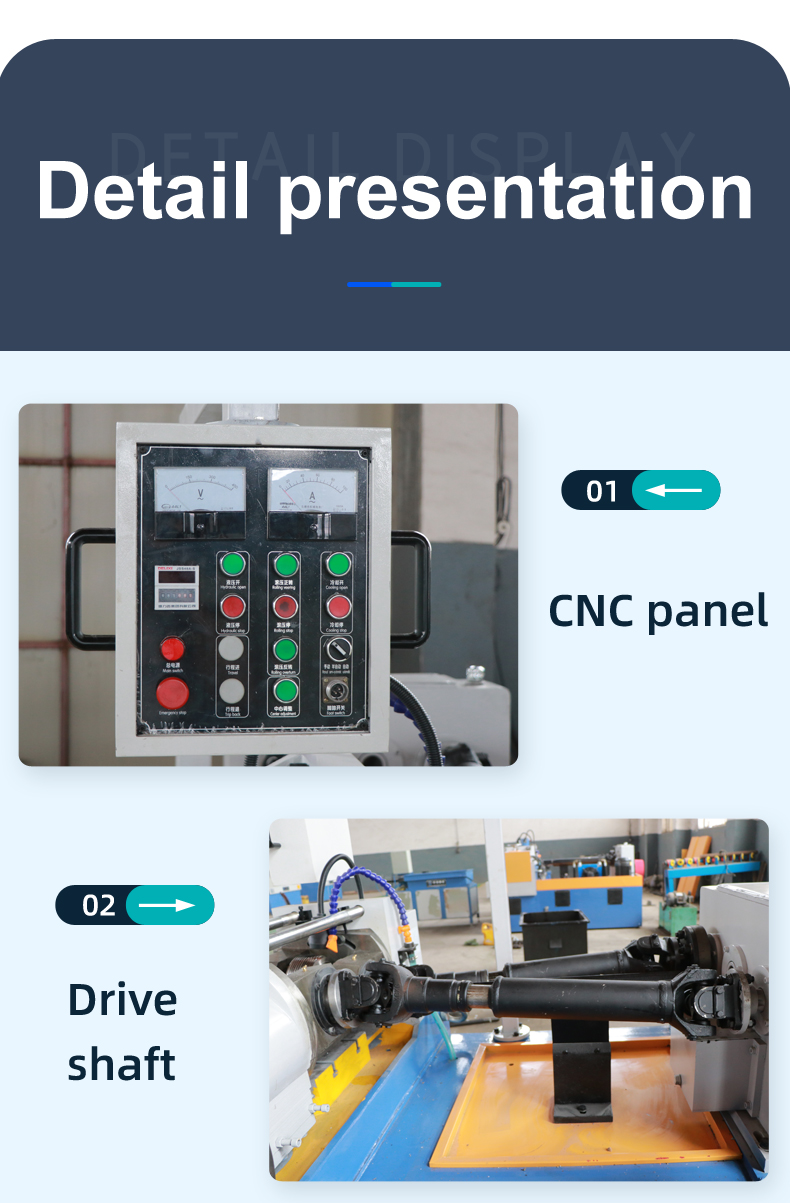
-
 Afrikaans
Afrikaans -
 Albanian
Albanian -
 Amharic
Amharic -
 Arabic
Arabic -
 Armenian
Armenian -
 Azerbaijani
Azerbaijani -
 Basque
Basque -
 Belarusian
Belarusian -
 Bengali
Bengali -
 Bosnian
Bosnian -
 Bulgarian
Bulgarian -
 Catalan
Catalan -
 Cebuano
Cebuano -
 Corsican
Corsican -
 Croatian
Croatian -
 Czech
Czech -
 Danish
Danish -
 Dutch
Dutch -
 English
English -
 Esperanto
Esperanto -
 Estonian
Estonian -
 Finnish
Finnish -
 French
French -
 Frisian
Frisian -
 Galician
Galician -
 Georgian
Georgian -
 German
German -
 Greek
Greek -
 Gujarati
Gujarati -
 Haitian Creole
Haitian Creole -
 hausa
hausa -
 hawaiian
hawaiian -
 Hebrew
Hebrew -
 Hindi
Hindi -
 Miao
Miao -
 Hungarian
Hungarian -
 Icelandic
Icelandic -
 igbo
igbo -
 Indonesian
Indonesian -
 irish
irish -
 Italian
Italian -
 Japanese
Japanese -
 Javanese
Javanese -
 Kannada
Kannada -
 kazakh
kazakh -
 Khmer
Khmer -
 Rwandese
Rwandese -
 Korean
Korean -
 Kurdish
Kurdish -
 Kyrgyz
Kyrgyz -
 Lao
Lao -
 Latin
Latin -
 Latvian
Latvian -
 Lithuanian
Lithuanian -
 Luxembourgish
Luxembourgish -
 Macedonian
Macedonian -
 Malgashi
Malgashi -
 Malay
Malay -
 Malayalam
Malayalam -
 Maltese
Maltese -
 Maori
Maori -
 Marathi
Marathi -
 Mongolian
Mongolian -
 Myanmar
Myanmar -
 Nepali
Nepali -
 Norwegian
Norwegian -
 Norwegian
Norwegian -
 Occitan
Occitan -
 Pashto
Pashto -
 Persian
Persian -
 Polish
Polish -
 Portuguese
Portuguese -
 Punjabi
Punjabi -
 Romanian
Romanian -
 Russian
Russian -
 Samoan
Samoan -
 Scottish Gaelic
Scottish Gaelic -
 Serbian
Serbian -
 Sesotho
Sesotho -
 Shona
Shona -
 Sindhi
Sindhi -
 Sinhala
Sinhala -
 Slovak
Slovak -
 Slovenian
Slovenian -
 Somali
Somali -
 Spanish
Spanish -
 Sundanese
Sundanese -
 Swahili
Swahili -
 Swedish
Swedish -
 Tagalog
Tagalog -
 Tajik
Tajik -
 Tamil
Tamil -
 Tatar
Tatar -
 Telugu
Telugu -
 Thai
Thai -
 Turkish
Turkish -
 Turkmen
Turkmen -
 Ukrainian
Ukrainian -
 Urdu
Urdu -
 Uighur
Uighur -
 Uzbek
Uzbek -
 Vietnamese
Vietnamese -
 Welsh
Welsh -
 Bantu
Bantu -
 Yiddish
Yiddish -
 Yoruba
Yoruba -
 Zulu
Zulu
China's Innovative Screw Rolling Machines for Efficient Manufacturing Solutions
The Evolution of China’s Screw Rolling Machine Technology
In the realm of manufacturing, particularly in the production of fasteners, China has made significant strides in the development and innovation of screw rolling machines. These machines play a pivotal role in the mass production of screws, bolts, and other fasteners, which are integral components in various industries, including construction, automotive, and electronics.
Screw rolling is a specialized cold forming process that transforms metal rods into screw profiles without cutting away material. This process not only enhances production efficiency but also improves the mechanical properties of the fasteners due to the deformation of the metal. The screw rolling machine employs rollers that exert pressure on the metal rod, gradually shaping it into the desired screw form. This technique is not only cost-effective but also environmentally friendly, as it minimizes waste.
The Evolution of China’s Screw Rolling Machine Technology
One of the key advancements in this domain is the adoption of Computer Numerical Control (CNC) systems. CNC screw rolling machines allow for enhanced precision and flexibility in production. By using computer algorithms to control the movements of the rollers, manufacturers can create complex screw designs with high precision. This capability is particularly crucial in industries like aerospace and automotive, where the quality of fasteners can significantly impact safety and performance.
china screw rolling machine

Moreover, China has invested heavily in research and development (R&D) to improve the efficiency and capability of screw rolling machines. Innovations such as servo motors for precise control, hydraulic systems for better force application, and advanced sensor technologies for monitoring the rolling process have been incorporated into newer models. These enhancements not only improve the speed of production but also ensure consistency in the quality of the screws produced.
The growing emphasis on sustainability has also influenced the development of screw rolling machines in China. Manufacturers are increasingly focused on reducing energy consumption and minimizing waste in the production process. Newer models are designed to be more energy-efficient, incorporating technologies that recycle heat generated during the rolling process, thus lowering the overall carbon footprint of manufacturing operations.
Another significant trend has been the customization of screw rolling machines to cater to specific industry needs. As global markets continue to diversify, manufacturers are seeking machines that can adapt to varying production requirements. Chinese manufacturers are responding to this demand by offering modular machines that can be easily reconfigured for different types of screws or other fasteners.
China's screw rolling machine market is not just limited to domestic needs; it has also emerged as a key player in the global market. Chinese manufacturers have started exporting their advanced screw rolling machines to various countries, thereby enhancing their competitive edge in the international arena. This trend reflects the quality and reliability of Chinese engineering, which has gained recognition worldwide.
In conclusion, the screw rolling machine industry in China has experienced tremendous growth and transformation, driven by technological advancements, the pursuit of efficiency, and the need for sustainability. As manufacturing processes continue to evolve, screw rolling machines will likely play an increasingly vital role in meeting the global demand for high-quality fasteners. The future of this industry appears bright, with ongoing innovations promising to further enhance the capabilities and efficiency of screw rolling machines, solidifying China's position as a leader in this essential manufacturing sector.
